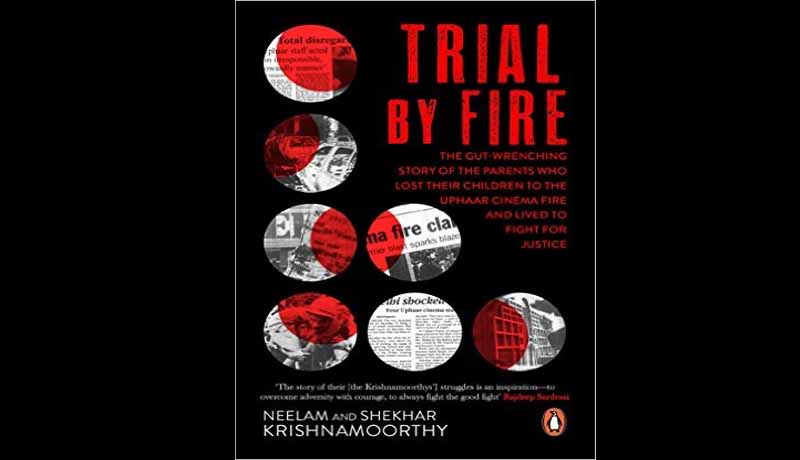- Home
- /
- Book Reviews
- /
- Justice On Fire – Book Review Of...
Justice On Fire – Book Review Of Trial By Fire
Namit Saxena
20 Nov 2016 6:47 PM IST
When the Supreme Court pronounced the sentence to Ansals in 2015 for Rs 30 Crore each in lieu of imprisonment, I had criticized the sentencing to be judge centric and unprincipled. I could not apprehend then, that one of the victimized family will author a book so heart melting showing that not only that particular order but the whole trial kept the victim families on fire throughout and...
Next Story



